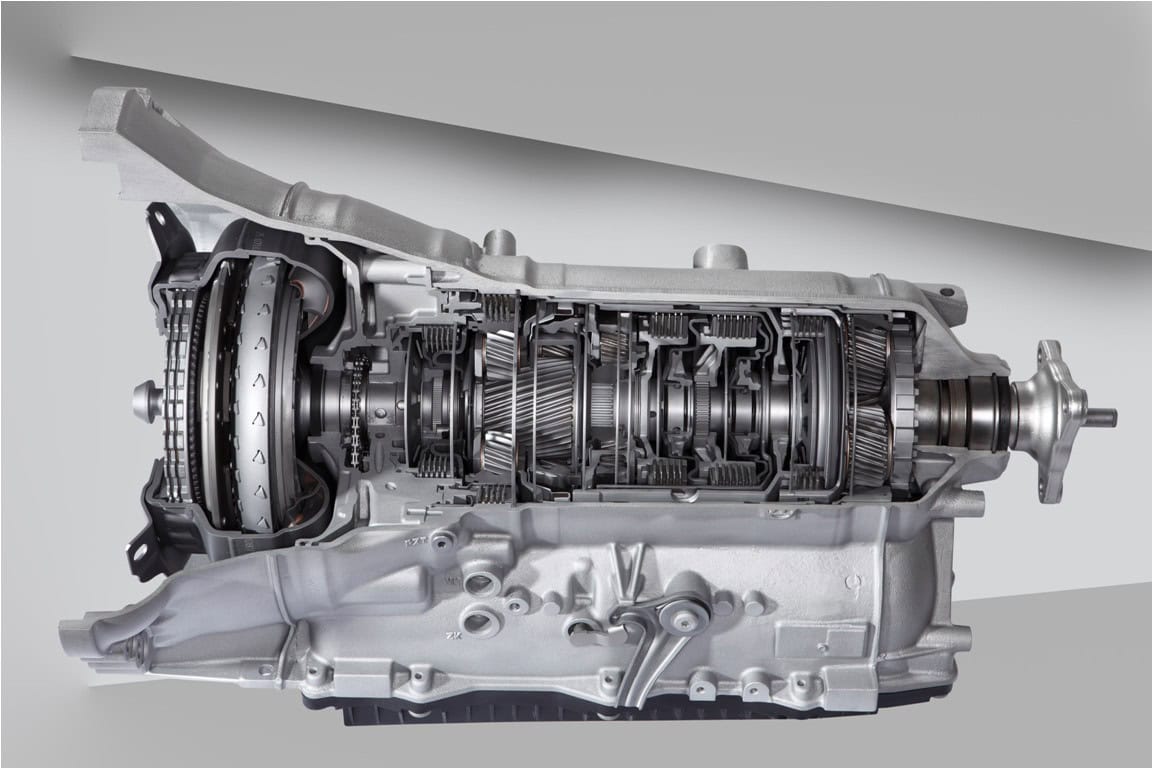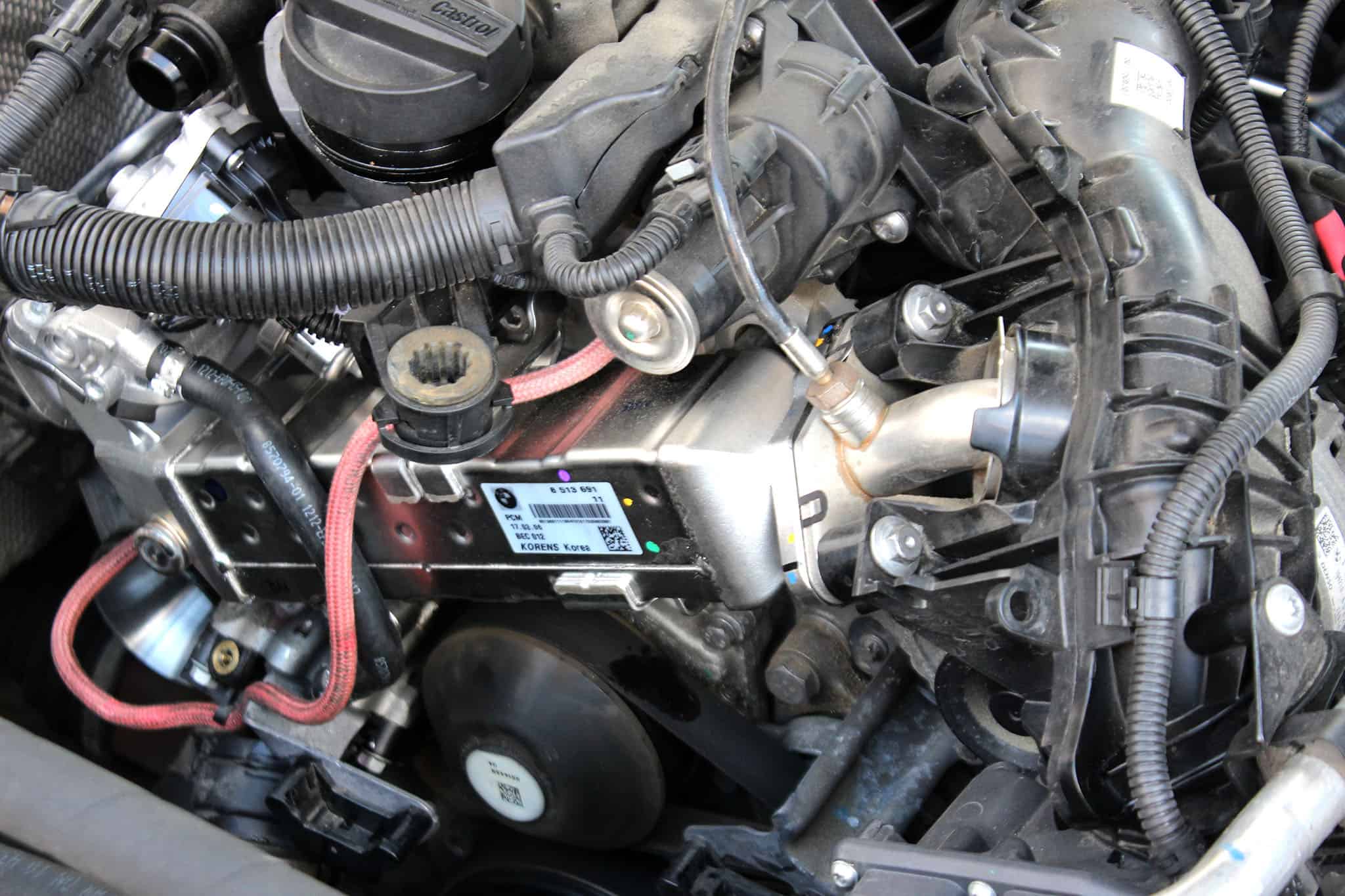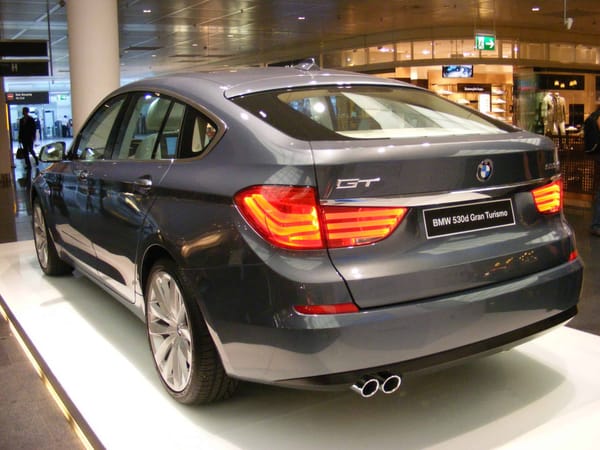Jerking of automatic transmission in BMW after changing oil in it - how to fix it?
For about five hundred kilometers, I have been struggling with the problem of jerking or gently jerking for a few seconds during a calm...

BMW driver's question
For about five hundred kilometers, I have been struggling with the problem of jerking or gently jerking for a few seconds during calm, steady driving at about 90 km/h. This jerking or jerking occurs in the 1600-1800 rpm range.
The jerking occurs when, while maintaining the same speed, the transmission "senses" that the car does not need to be held at such high revs and a higher gear can be dropped in. It does so too, but with a jerk. The jerking, on the other hand, occurs in exactly the same situation, but it does not lead to shifting to a lower or higher gear.
The car has 199,500 kilometers of mileage, so I concluded that the cause could be old oil. I changed it, also removed the controller to let more oil flow out and reset my adaptive parameters. After the oil change, the gears shift much smoother and the transmission also runs better, but the jerking and jerky problem hasn't stopped.
It seemed to me that an oil change would negate this effect, and indeed it did, but after driving 100 km. the problem returned. What could be its cause?
The problem affected a 2016 model BMW 4 F36 with a 190 2.0 diesel engine, but it also happens in other models. The following comments apply to all BMW models with automatic transmissions.

BM Cars service response regarding jerks in the automatic transmission
The described problem of jerks during steady driving in the 1600-1800 rpm range of the engine is very complex. It can be caused both by a malfunctioning transmission and problems with the engine and its accessories.
In the case of the transmission, an oil change alone, which you did only after 199,000 kilometers(ZF's recommendation - change every 60,000 kilometers), will not fix the transmission. If in the course of its operation there has been excessive wear of hydrokinetic clutch components or transmission components (discs, baskets), then an oil change alone can only stop further degradation. To improve the operation of the transmission, it is necessary to disassemble it and verify the wear of the components with their replacement.
In the case of driveline problems, there may also be a "jerking" effect of the car in a certain range of engine speed. In the 1600-1800 rpm range, the turbocharger air boost is usually triggered. This is experienced during acceleration as a sudden increase in vehicle acceleration. With an efficient turbocharger and its control system, the moment the supercharging is activated should not be felt as a jerk.
Another component that can also cause similar effects is the exhaust gas recirculation system. With a well-functioning EGR valve, its closing or opening does not cause jerking or throttling of power in the vehicle. During periodic maintenance of the vehicle, it is necessary to check the condition of the intake system, the amount of oil and soot deposits appearing in it. If the EGR valve is blocked or has significant soiling, loss of power, jerking of the vehicle during acceleration or monotonous driving may occur. In extreme cases, a check engine light may appear with a constant valve error.
BM Cars service recommendations
- Full diagnostics of the vehicle with special attention to the operation of the engine and exhaust gas recirculation system and transmission.
- Verification of the condition of the intake system - its cleaning, if necessary, combined with the replacement of the air purge (valve cover).
- Verification of the condition of the turbocharger and its control.
- Visual inspection of the condition of the EGR valve - possible replacement.
- A comprehensive check of the condition of the transmission.

Other BMW tips related to the topic at hand
- Do you need to change the oil in the automatic transmission in BMW?
- Automatic transmission jerks and brake vibration in BMW - how to fix it?
- BMW automatic jerks in sport mode - how to fix it?

Read more tips and ask your own question




